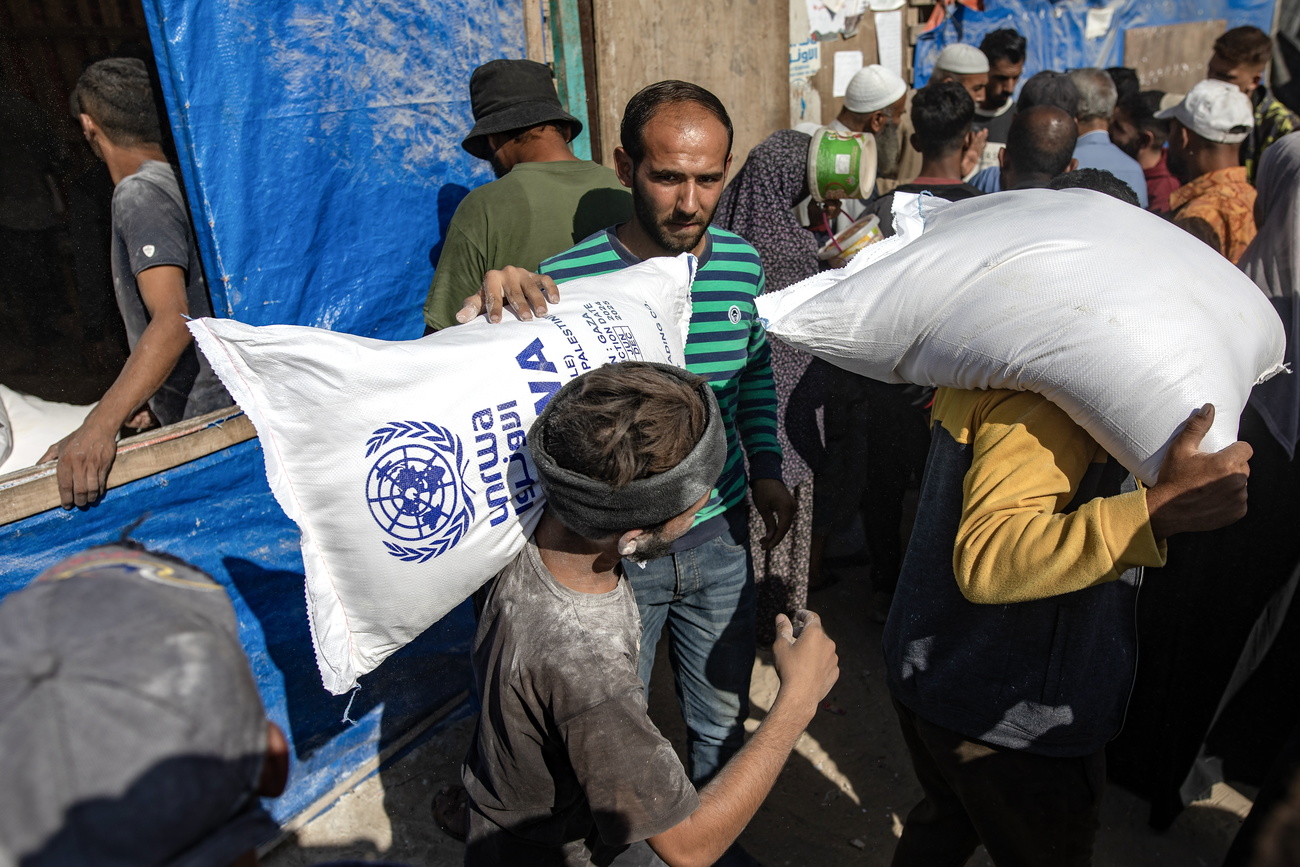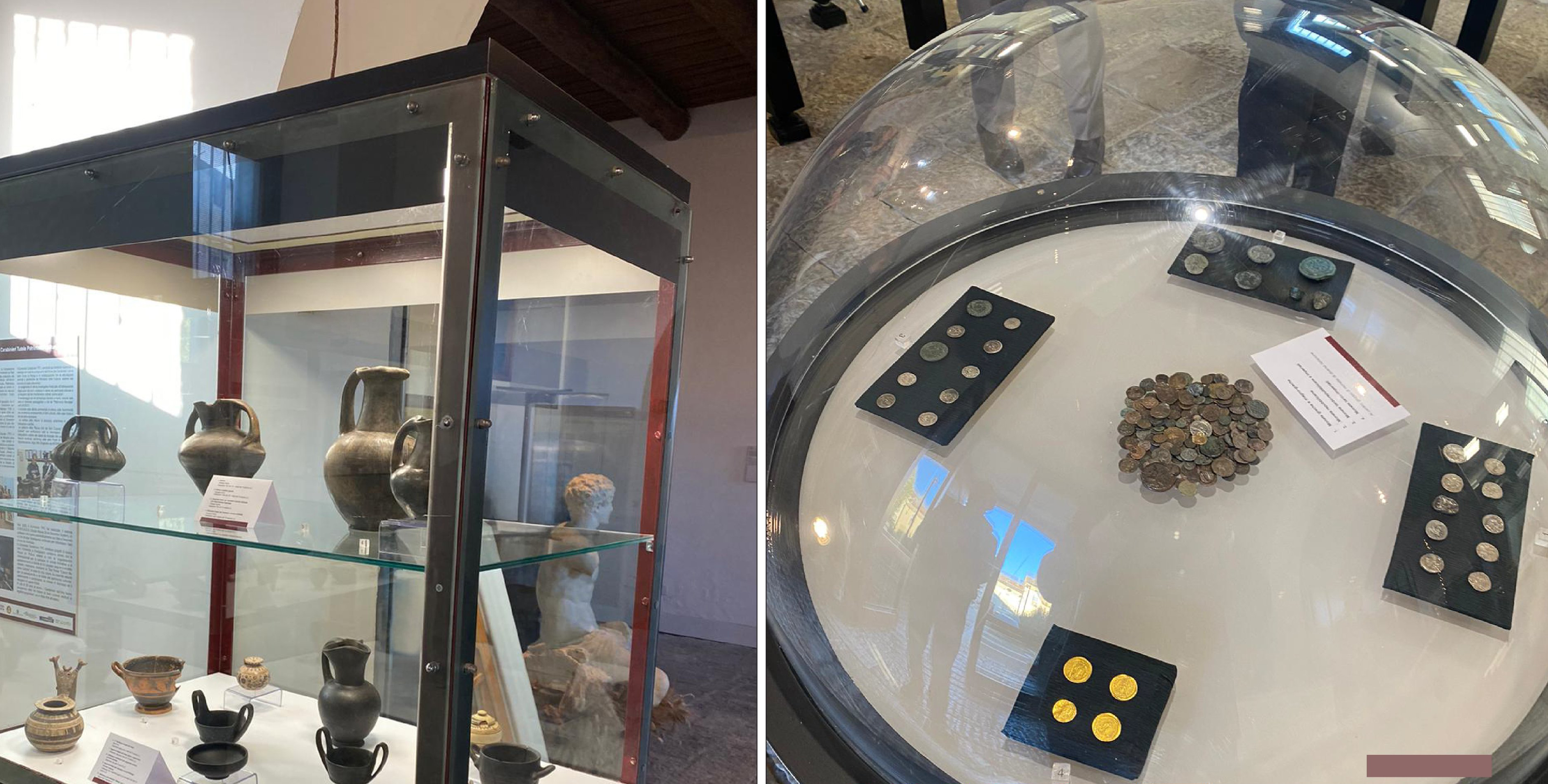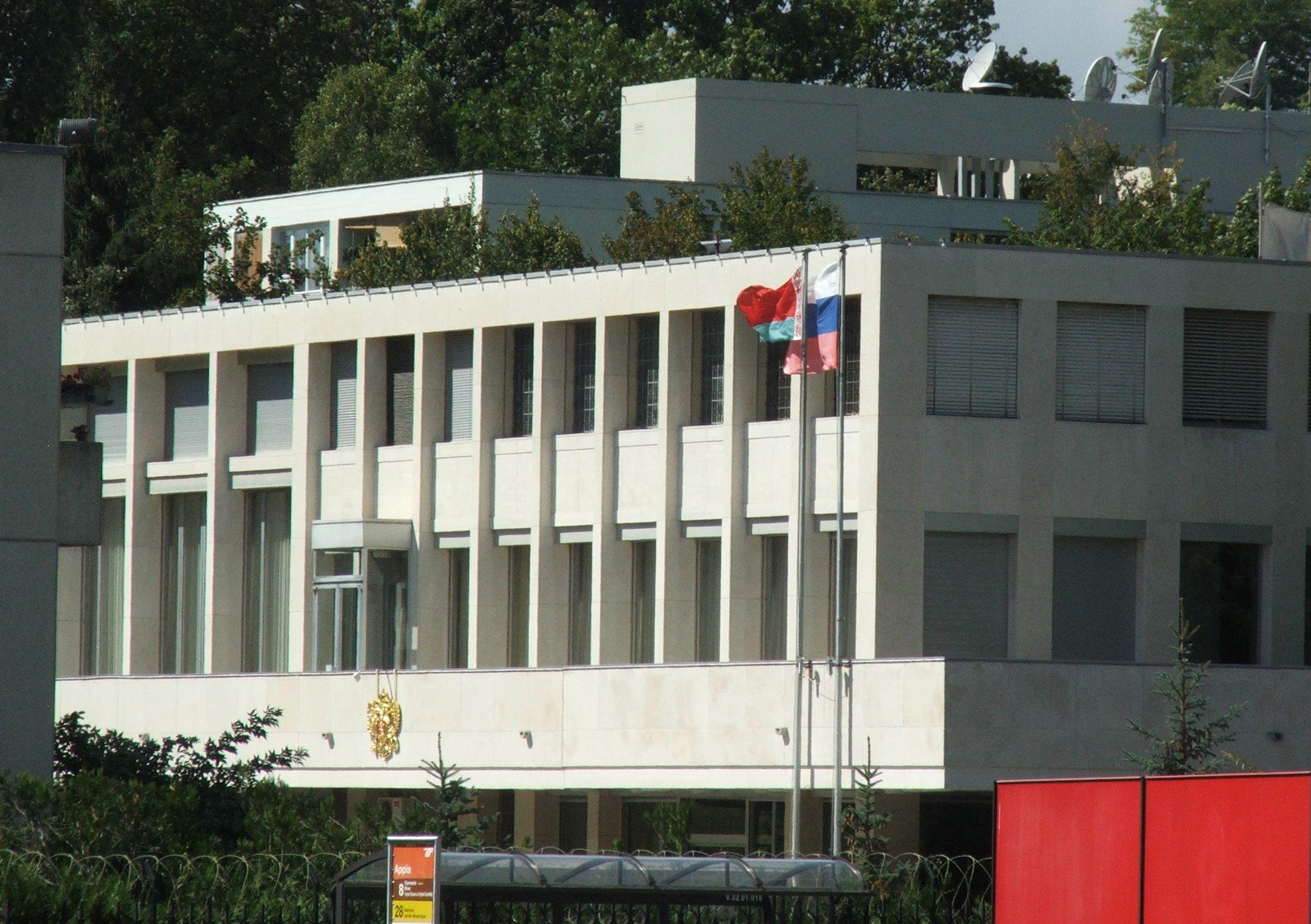PISA survey: Swiss students perform well in maths

Swiss 15-year-olds scored well for mathematics in an international survey published on Tuesday. They are also above average for science and reading. But 25% of Swiss pupils failed to reach the minimum level in reading.
The latest PISA survey from the Organisation for Economic Co-operation and Development (OECD), published on Tuesday, found that Swiss 15-year-olds scored 508 points on the PISA scale in 2022, compared with an average of 472 points. Six countries scored better, all in East Asia.
Estonian students had a similar level to Switzerland in maths; 73 countries score lower, including France, Germany, Italy and Austria.
The study noted a “very slight drop” in Swiss results since 2015, when the average score was still 521 points, 13 points higher. But Switzerland is no exception: the OECD average also fell by 12 points between 2015 and 2022.
In Switzerland, one-fifth (19%) of pupils do not achieve the minimum level of competence in mathematics, as defined by the OECD.
Reading: 25% of pupils have problems
For reading, Swiss pupils performed significantly better than the OECD average (483 points versus 476). Fourteen countries did better than Switzerland, 57 worse. French students scored 474 points.
Reading scores in Switzerland have been relatively stable since 2015. The OECD average has fallen by 13 points. Neighbouring countries such as Germany and France have performed even worse (-29 and -25 points, respectively).
+ PISA study finds Swiss students ‘still behind’ on reading
It should be noted, however, that a quarter of Swiss students (25%) do not achieve the minimum competency level, as defined by the OECD. This percentage has risen by 5 points since 2015. Four benchmark countries are doing better (Estonia, Canada, Finland and Italy), but the OECD average (26%) does not differ significantly from Switzerland.
Stable performance in science
Swiss students are also better at natural sciences (503 points) than the OECD average (485). Nine countries performed better, including Estonia, Canada and Finland, while 63 countries performed worse, including Germany, Austria, France and Italy.
+ Is Switzerland getting badder at English?
The performance of Swiss students in science has remained stable since 2015. Other countries slipped, including France and Estonia (-8 points), Belgium (-11 points), Canada (-13 points) and Germany (-17 points). The OECD average has fallen by 4 points between 2015 and 2022.
One-fifth of Swiss pupils (19%) do not achieve the minimum level of competence in natural sciences, a lower proportion than in most of the reference countries.
The PISA study highlights the major importance of non-cognitive variables for school performance. In all countries, poor performance in mathematics is associated with greater anxiety about the subject. The exception: some of the best-performing Asian countries (Macau, Japan and Hong Kong) have high mathematics anxiety indices.
Since the 2012 PISA survey, girls have also been more anxious about maths than boys, even though their results have been equivalent.
Girls undervalue themselves
Swiss students’ sense of self-efficacy is above the OECD average. But girls have a lower sense of self-efficacy than boys, even when their results on the PISA maths test are the same.
Boys are more than twice as likely as girls to say that maths is easy for them, even if they achieve the same results on the test. This gender difference is also observed at international level and has increased between 2003 and 2022.
A student’s social background plays a significant role in their results. Since 2003, pupils from disadvantaged backgrounds have systematically obtained lower scores than those from advantaged backgrounds. This has been clearly seen in the 2022 results: scores for the most privileged quarter of students remained stable, while they fell for the other groups.
The Covid-19 pandemic had no negative impact on pupils’ skills, the PISA study found. In 2022, 19% of Swiss pupils said they had been victims of harassment. This figure is comparable with the OECD average, and has been falling in most countries, including Switzerland, since 2018.
Finally, pupils’ overall satisfaction with life fell by a significant amount compared to 2018, both in Switzerland and in the OECD, the survey found.
Since 2000, the OECD has been assessing the knowledge and skills of 15-year-olds around the world with its Programme for International Student Assessment (PISA). As the only international survey of pupil performance, the PISA test is used by many countries as a tool of comparison in education. Eighty-one countries took part in the PISA surveys in 2022.
This news story has been written and carefully fact-checked by an external editorial team. At SWI swissinfo.ch we select the most relevant news for an international audience and use automatic translation tools such as DeepL to translate it into English. Providing you with automatically translated news gives us the time to write more in-depth articles. You can find them here.
If you want to know more about how we work, have a look here, and if you have feedback on this news story please write to english@swissinfo.ch.

In compliance with the JTI standards
More: SWI swissinfo.ch certified by the Journalism Trust Initiative


















You can find an overview of ongoing debates with our journalists here . Please join us!
If you want to start a conversation about a topic raised in this article or want to report factual errors, email us at english@swissinfo.ch.